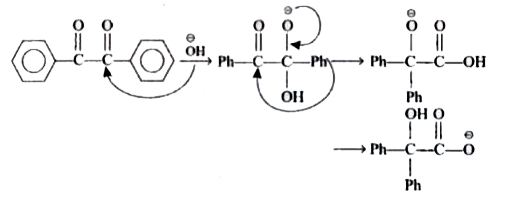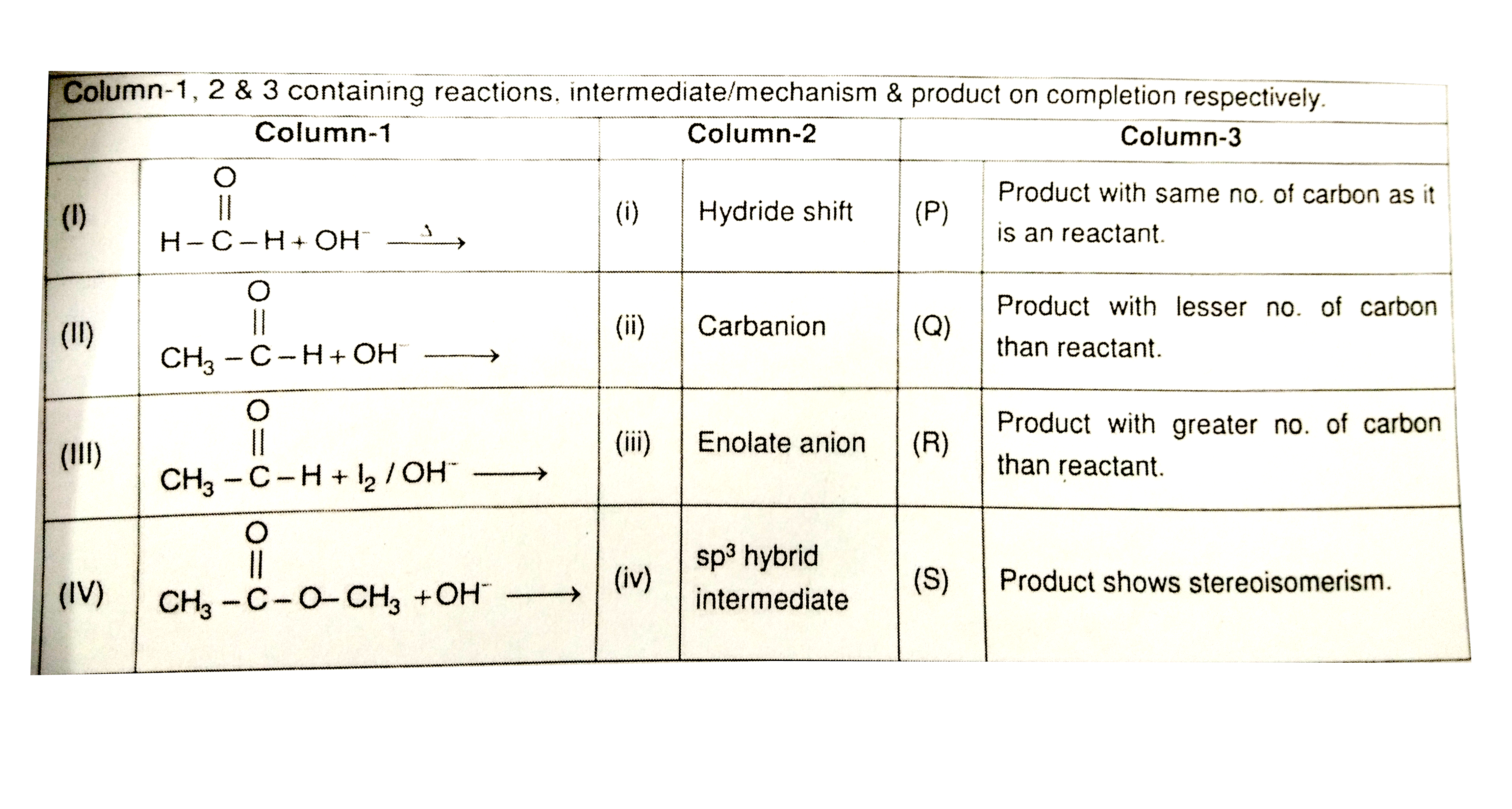Heating of β−hydroxy acid gives lactones.
The correct Answer is:F
To solve the question regarding the heating of beta-hydroxy acids and their conversion to lactones, we can follow these steps:
1. Understanding Beta-Hydroxy Acids:
- Beta-hydroxy acids are organic compounds that contain a hydroxyl group (-OH) on the beta carbon (the second carbon) relative to the carboxylic acid group (-COOH).
2. Structure of Beta-Hydroxy Acid:
- A typical structure of a beta-hydroxy acid can be represented as:
R-CH(OH)-CH2-COOH
- Here, R represents any hydrocarbon chain.
3. Heating the Beta-Hydroxy Acid:
- When beta-hydroxy acids are heated, they undergo dehydration (loss of water) to form alkenes. The reaction can be represented as:
R-CH(OH)-CH2-COOHheat−−→R-CH=CH-COOH+H2O
4. Formation of Alkenes:
- The dehydration process results in the formation of an alkene, which retains the carboxylic acid group. The structure of the resulting alkene can be shown as:
R-CH=CH-COOH
5. Conclusion:
- The statement that heating beta-hydroxy acids gives lactones is false. Instead, heating leads to the formation of alkenes through dehydration.
Final Answer:
The statement "Heating of beta-hydroxy acid gives lactones" is false; heating results in the formation of alkenes.
- Beta-hydroxy acids are organic compounds that contain a hydroxyl group (-OH) on the beta carbon (the second carbon) relative to the carboxylic acid group (-COOH).
- A typical structure of a beta-hydroxy acid can be represented as:
R-CH(OH)-CH2-COOH
- Here, R represents any hydrocarbon chain.
- When beta-hydroxy acids are heated, they undergo dehydration (loss of water) to form alkenes. The reaction can be represented as:
R-CH(OH)-CH2-COOHheat−−→R-CH=CH-COOH+H2O
- The dehydration process results in the formation of an alkene, which retains the carboxylic acid group. The structure of the resulting alkene can be shown as:
R-CH=CH-COOH
- The statement that heating beta-hydroxy acids gives lactones is false. Instead, heating leads to the formation of alkenes through dehydration.
The statement "Heating of beta-hydroxy acid gives lactones" is false; heating results in the formation of alkenes.
Topper's Solved these Questions
Similar Questions
Knowledge Check
The base catalysed reaction of 1,2-diketone to a salt of 2-hydroxy carboxylic acid is known as benzilic acid rearrangment. The reaction is not applicable to 1,2-diketones containting α- methylene group because of competing aldol condensation.

 A
A B
B C
C D
D
On heating hydrazoic acid form
View SolutionWhich one of the following reactions can be used for the preparation of β - hydroxy acid
View SolutionCH2OHCH2OH on heating with periodic acid gives
View SolutionA carbonyl compound reacts with hydrogen cyanide to form cyanohydrin which on hydrolysis forms a recemic mixrture of α-hydroxy acid. The carbonyl compound D.
View SolutionThe reaction between carbonyl compound and α-bromoesters in the presence of metal Zn to give β-hydroxy ester is known as:
View SolutionWhich of the following dicarboxylic acid will give cycle alkanone on heating?
View SolutionList the two hydroxy amino acids.
View Solution

